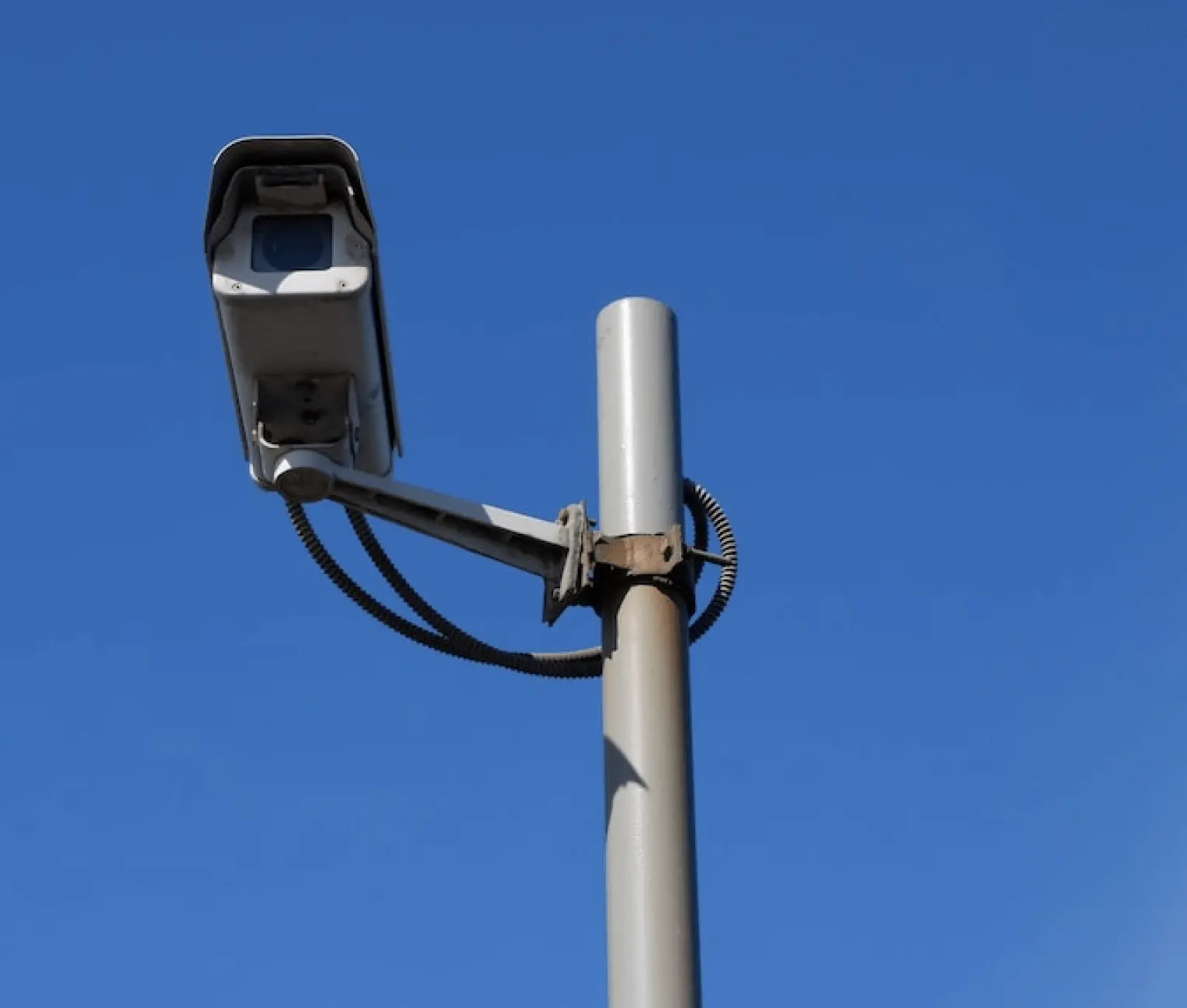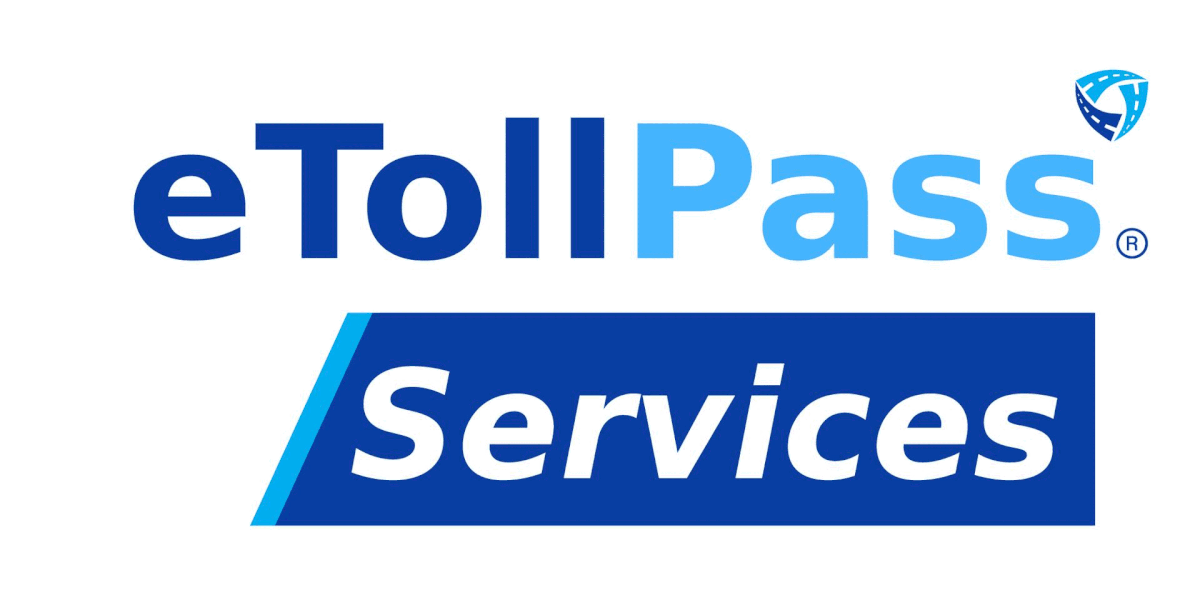UK Road User Charges
1. Vehicle Excise Duty (VED) / Road Tax
Vehicle Excise Duty, commonly known as road tax, is a mandatory tax that vehicle owners must pay to use their vehicles on public roads. The amount of tax depends on:
- CO₂ emissions: Vehicles with higher emissions typically pay more tax.
- Vehicle age: Older vehicles, especially those registered before March 2001, are charged based on engine size.
- Fuel type: Different rates may apply depending on whether the vehicle is petrol, diesel, hybrid, or electric.
Electric Vehicles (EVs): EVs are often exempt from VED or may have lower rates compared to traditional fuel vehicles.
2. Tolls and Congestion Charges
Certain areas in the UK impose tolls or charges for using specific roads, bridges, or city areas, particularly to manage traffic congestion and encourage the use of public transport.
- London Congestion Charge: A fee for driving in central London during peak
hours. The charge is aimed at reducing traffic congestion and improving air quality.
- Standard rate: £15 per day (varies based on the time of day).
- Ultra Low Emission Zone (ULEZ): Vehicles that do not meet the required emission standards pay an additional fee.
- Low Emission Zone (LEZ): Heavy vehicles, such as lorries and buses, may face charges if they don’t meet low emission standards.
- Dartford Crossing Charge: A toll for using the Dartford Crossing between Essex
and Kent.
- Cars: £2.50 per crossing (online payment, discounts available for registered users).
- M6 Toll: A tolled section of the M6 motorway in the Midlands, designed to
alleviate congestion on other routes.
- Cars: Between £7-£8.50, depending on time of day.
3. Workplace Parking Levy (WPL)
Some local councils in the UK have implemented the Workplace Parking Levy (WPL). This is a charge on businesses that provide parking spaces for employees. The funds collected are often reinvested into public transport and environmental initiatives.
- Nottingham is the main city where WPL is enforced. The fee is charged per parking space per year.
4. Clean Air Zones (CAZ)
Several UK cities have introduced or plan to introduce Clean Air Zones (CAZ). These areas require vehicles to meet specific emission standards, or drivers will have to pay a daily charge. CAZ aims to reduce air pollution by discouraging the use of older, high-emission vehicles.
- Cities with CAZ include Birmingham, Bath, and Manchester.
- Charges for non-compliant vehicles range from £8-£50 per day, depending on the vehicle type.
5. HGV Levy (Heavy Goods Vehicle Levy)
The HGV Road User Levy is a charge on all heavy goods vehicles (over 12 tonnes) using UK roads. The levy varies based on the vehicle’s weight, axle configuration, and emissions standards. It aims to cover the wear and tear caused by large vehicles.
- Charges: From £1.70 to £10 per day or from £85 to £1,000 per year.
6. Pay-per-mile Pilot Programs
The UK government has been exploring pay-per-mile schemes as part of the move towards electric vehicles (EVs). These programs would charge drivers based on the distance they travel, which could potentially replace the VED or fuel duties for EV drivers.
Key Points to Note:
- Exemptions: Some vehicles, such as emergency service vehicles or those used by disabled people, may be exempt from certain charges.
- Discounts: Regular users, such as those in toll areas, often benefit from discounted rates if they register for automated payment systems.


